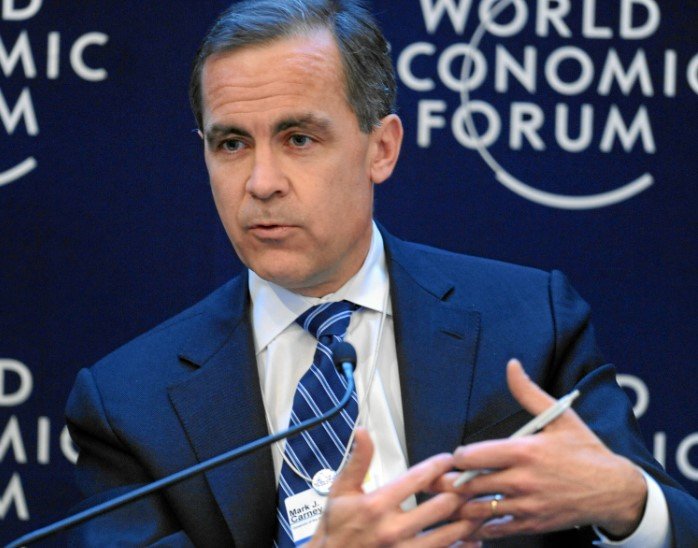PM Mark Carney announces formal recognition at UN General Assembly, sparking sharp rebuke from Israel
Canada is set to officially recognize the State of Palestine at the upcoming United Nations General Assembly in September, Prime Minister Mark Carney announced Wednesday — marking a historic shift in Ottawa’s long-standing foreign policy and adding momentum to a growing list of Western allies breaking ranks with Israel.
“There is no room for delay,” Carney said bluntly, as he addressed the deepening crisis in Gaza and the failure of negotiations to yield peace. His statement also included a direct plea to Hamas: release the remaining Israeli hostages from the October 7 attack.
Ottawa Breaks with Tradition — and with Israel
Canada has traditionally walked a cautious line in the Israeli–Palestinian conflict, offering vocal support for a two-state solution but hesitating to make formal moves on recognition. That changed this week.
Carney, who took office in early 2025 after a snap election, said the current Israeli government had “failed to prevent the rapidly deteriorating humanitarian disaster in Gaza.” He called on the international community to act now — not later — to preserve what little is left of the two-state framework.
The announcement came just weeks after both France and the United Kingdom confirmed their own plans to recognize Palestine, also timed for the 80th UN General Assembly session in New York this September.
Israel’s embassy in Ottawa swiftly condemned the statement. In a short but pointed reply, it said Canada’s decision was “dangerous,” “one-sided,” and “rewards terrorism.”

Why This Recognition Is Different
Recognizing Palestine isn’t new for many nations — over 130 have done so since the late 1980s. But Canada? This is different.
As a G7 member, a close NATO ally, and a long-time U.S. partner, Canada’s pivot stands out. It signals a deeper frustration among Western powers with how the Israel–Palestine conflict is being managed — and with the Netanyahu government’s aggressive military posture in Gaza and the West Bank.
The move also reflects a broader shift in public sentiment, especially after the events of the past two years. The rising civilian death toll in Gaza, the destruction of homes and infrastructure, and the lack of meaningful talks have left many in the West questioning Israel’s strategy.
One senior Canadian diplomat summed it up simply: “We were always pro-solution. We’re not sure Israel is anymore.”
Global Recognition Map Shifting
Here’s where major global players stand on Palestinian statehood:
| Country/Group | Status | Year of Recognition |
|---|---|---|
| France | Recognized | 2025 (planned) |
| United Kingdom | Recognized | 2025 (planned) |
| Canada | Recognized | 2025 (planned) |
| Russia | Recognized | 1988 |
| China | Recognized | 1988 |
| United States | Not Recognized | — |
| Germany | Not Recognized | — |
| India | Recognized | 1988 |
| Japan | Not Recognized | — |
It’s worth noting that the United States still hasn’t changed its stance — even as allies like Canada, France, and the UK move forward. But analysts say the pressure is mounting.
Domestic Politics and Public Pressure
Carney’s decision wasn’t made in a vacuum.
Polls over the past six months show a significant shift in Canadian public opinion, with support for a two-state solution surging. Younger voters in particular have been vocal about ending what they see as Canadian “diplomatic complicity” in the Gaza war.
One protester at a pro-Palestine rally in Montreal last week said: “It’s not just about supporting Palestine. It’s about refusing to normalize endless war.”
Meanwhile, Carney has positioned himself as a pragmatic globalist — someone who favors institutional solutions over unilateral moves. His decision to align Canadian recognition with the UN General Assembly isn’t just symbolic; it’s strategic.
Israel Responds, But Quietly
Despite the sharp diplomatic protest from its Ottawa embassy, Israel hasn’t escalated its response — at least, not yet.
With multiple G7 nations now moving in unison, Netanyahu’s government may be calculating that further outrage won’t reverse the trend. Instead, Israeli officials are likely to turn their attention to Washington, where President Biden has thus far resisted calls to formally recognize Palestine.
Still, Israeli media has been critical. Yedioth Ahronoth called Canada’s move “a betrayal disguised as diplomacy.” Others have accused Carney of trying to score domestic points at the expense of Israel’s security.
But even critics acknowledge the momentum is real — and growing.
What’s Next at the UN?
The 80th session of the United Nations General Assembly in September is now shaping up to be a turning point.
If Canada, France, and the UK all follow through, Palestinian statehood could gain renewed diplomatic legitimacy — even without full UN membership, which remains blocked by the U.S. veto in the Security Council.
Backroom talks are already underway, according to diplomats in Brussels and New York, to coordinate timing and language. The goal is to present a unified Western front while leaving some space for Washington to recalibrate.
It’s a diplomatic high-wire act. But it’s one the world seems more willing to walk now than at any point in the last two decades.
